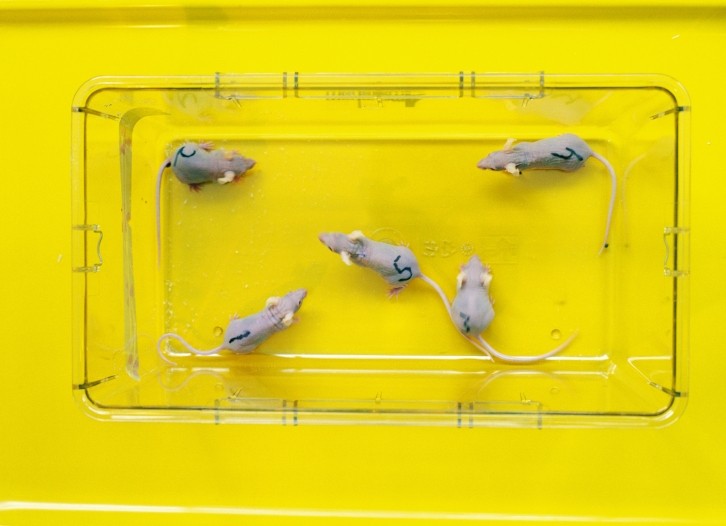Innovating drug development: Charles River embracing alternatives to animal testing

The project represents a significant investment of $200 million over the past four years, with an additional $300 million earmarked for the next five years. This comprehensive investment strategy encompasses a range of technological innovations, strategic partnerships, and advocacy efforts all geared toward reducing reliance on animal testing.
“Advances in science and technology have brought our industry to an inflection point. Alternatives are the path to the next frontier of drug development, allowing us to responsibly drive progress for the patients and animals that depend on our work,” says James Foster, chairman, president, and chief executive officer of Charles River.
“With our long history in embracing innovation in biopharmaceutical research, Charles River is well-positioned in setting this new standard for drug development.”
Alternatives to animals
The AMAP initiative is structured around three key pillars which include products and services. Charles River is committed to expanding its portfolio to include more animal alternatives. The recent launch of Endosafe Trillium, the Company’s first rapid animal-free bacterial endotoxin test, exemplifies this commitment.
Strategic investments and partnerships focus on AMAP’s partnering with companies to co-develop solutions and identify externally developed technologies to enhance client offerings. Previous collaborative efforts include the launch of Logica with Valo and ongoing advancements in digital pathology with Deciphex.
The final pillar is advocacy and Charles River plans to work with regulatory bodies, government agencies, and NGOs to build support for alternative testing methods and inspire confidence in their acceptance as the new standard.
“The adoption of alternatives is a strategic imperative for the industry that requires scientific rigor to prove its possibility and expansive collaboration to drive change," says Birgit Girshick, corporate executive vice president and chief operating officer of Charles River.
“AMAP is Charles River’s rallying cry that we must unite in the effort to not only build these innovations but also inspire confidence and transform the systems to ensure they can be effectively implemented.”
Through AMAP, Charles River Laboratories aims to introduce innovative methodologies that reduce reliance on animal testing while accelerating the development of new therapies for patients.
In a research paper published in the Heart Views Journal, Rachel Hajar published a paper on ‘Animal Testing and Medicine’. In it she explains that drug testing on animals became important in the twentieth century.
Animal rights
She wrote: “In recent years, the practice of using animals for biomedical research has come under severe criticism by animal protection and animal rights groups. Laws have been passed in several countries to make the practice more ‘humane’.
“Debates on the ethics of animal testing have raged since the seventeenth century. Theodore Roosevelt in the nineteenth century stated, “Common sense without conscience may lead to crime, but conscience without common sense may lead to folly, which is the handmaiden of crime.”
She says those against it, contend that the benefit to humans does not justify the harm to animals. Many people also believe that animals are inferior to humans and very different from them, hence results from animals cannot be applied to humans. Those in favor of animal testing argue that experiments on animals are necessary to advance medical and biological knowledge.
Interested in sharing your views? Email: yvmn.ynjf@jeoz.pbz













